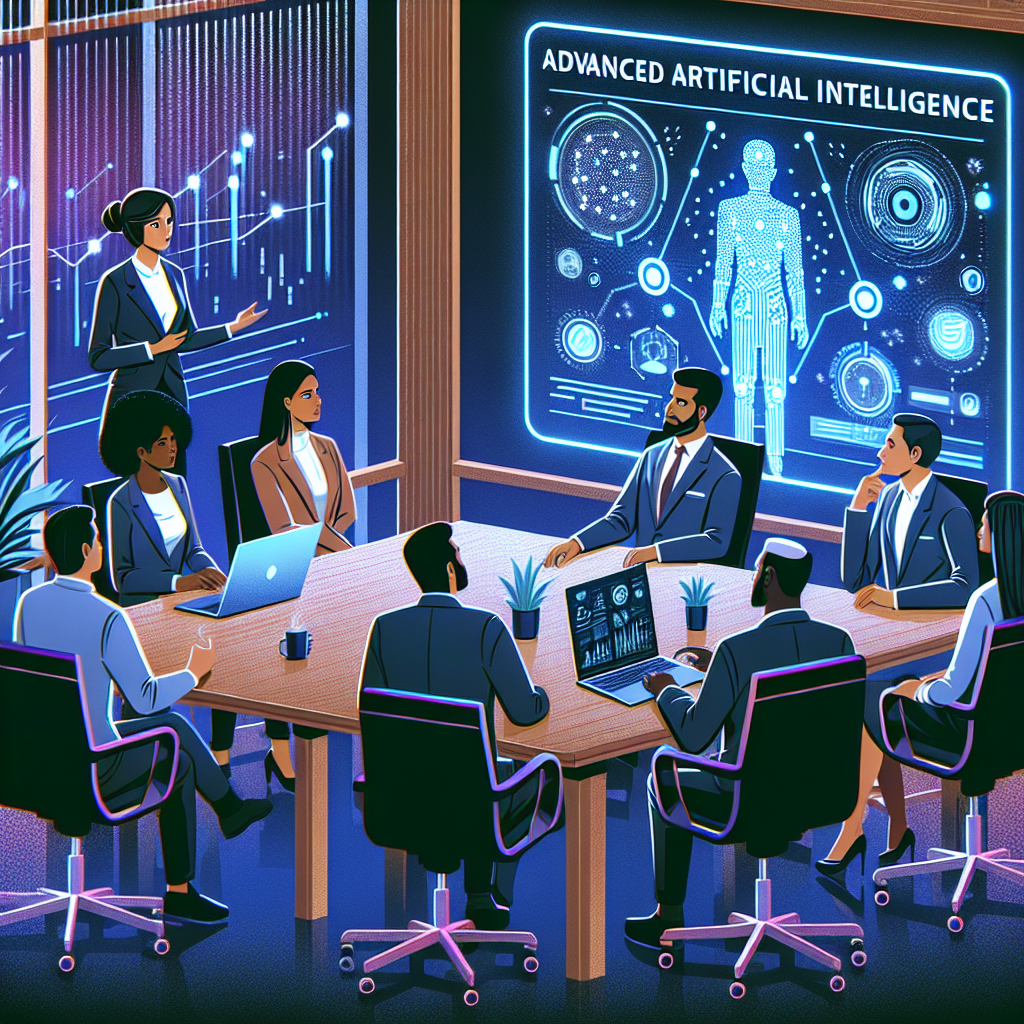
In an era defined by relentless competition and an insatiable demand for efficiency, businesses are on a constant quest to optimize operations, reduce costs, and enhance productivity. Historical evidence, dating back to ancient Mesopotamian traders, illustrates that the need for improved record-keeping served as a competitive edge long before the advent of modern technology. Today, however, artificial intelligence (AI) is revolutionizing how these efficiencies are attained, particularly through the emergence of agentic AI, which is positioned at the forefront of this transformation.
Agentic AI, as defined by Dan Priest, the chief AI officer at PwC US, encapsulates systems capable of autonomously perceiving, deciding, and acting to accomplish defined objectives within a specified scope. Unlike traditional algorithms that businesses have relied on for years, agentic AI offers a new level of sophistication, actively collaborating with humans and other systems to enhance operational effectiveness.
The true potential of agentic AI lies in its ability to grasp context and respond fluidly to change, surpassing the limitations of conventional automation and traditional managerial approaches. Its unparalleled flexibility allows it to navigate ambiguity while making informed decisions at remarkable speeds. As Priest articulates, agentic AI empowers organizations to operate with heightened intelligence and scalability, fundamentally altering traditional workflows and decision-making processes.
Realizing the Value of Agentic AI
For businesses to tap into the capabilities of agentic AI, an understanding of its transformative potential is crucial. However, the implementation of such advanced systems isn’t without its obstacles. Numerous factors hinder the successful integration of agentic AI into organizations, including the weight of technical debt stemming from outdated tools and processes, a resistance to change within internal structures, regulatory concerns, and a general lack of AI fluency among employees.
“Common barriers to achieving integrated agent systems include fragmented data environments, lack of interoperability between tools, and siloed organizational structures,” states PwC’s AI expert.
The process of implementing AI also demands careful consideration, as many organizations follow an incremental approach traditionally favored in IT. While this method is often perceived as a best practice, it can inadvertently lead to fragmentation when deploying AI solutions that thrive on cross-organizational collaboration. As a result, organizations may face inefficiencies and pushback from involved stakeholders.
Overcoming these challenges necessitates more than mere technology upgrades. It requires a cultural and operational paradigm shift that prioritizes seamless integration and alignment across various functions within the business. Moreover, organizations must grapple with security, compliance, and governance concerns that can decelerate the adoption of AI technologies, particularly in highly regulated environments.
Transitioning to Agentic AI: Best Practices
To successfully transition to a model that incorporates agentic AI, businesses must prioritize holistic integration strategies that bring together disparate data sources and foster collaboration. This enhances the ability of AI systems to operate at their full potential, generating insights that can lead to significant competitive advantages.
Simultaneously, organizations should invest in education and training initiatives to bolster AI literacy among their workforce. By equipping employees with the knowledge and skills needed to interact with AI systems effectively, companies can alleviate concerns and facilitate a smoother implementation process.
Furthermore, fostering a culture that embraces change and innovation is essential. This involves promoting an organizational mindset open to adapting new technologies and methodologies, thereby paving the way for successful AI integration.
Conclusion: Embracing the Future of Business Strategy
As businesses continue to explore the advantages of agentic AI, the emphasis on strategic implementation will be critical to unlocking its potential. With the right approach to integration, education, and cultural transformation, organizations can harness agentic AI to fundamentally reshape their operational frameworks. The opportunity to drive efficiency and enhance decision-making is within reach, representing a pivotal moment in the ongoing evolution of business strategy.

Leave a Reply